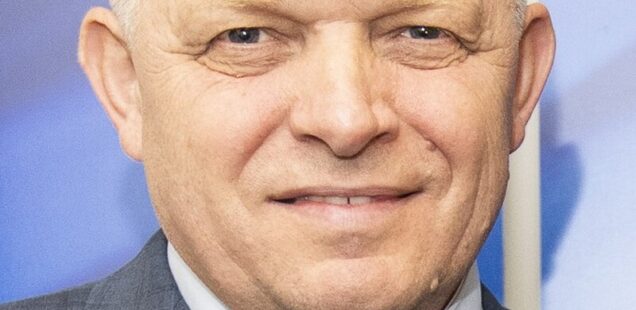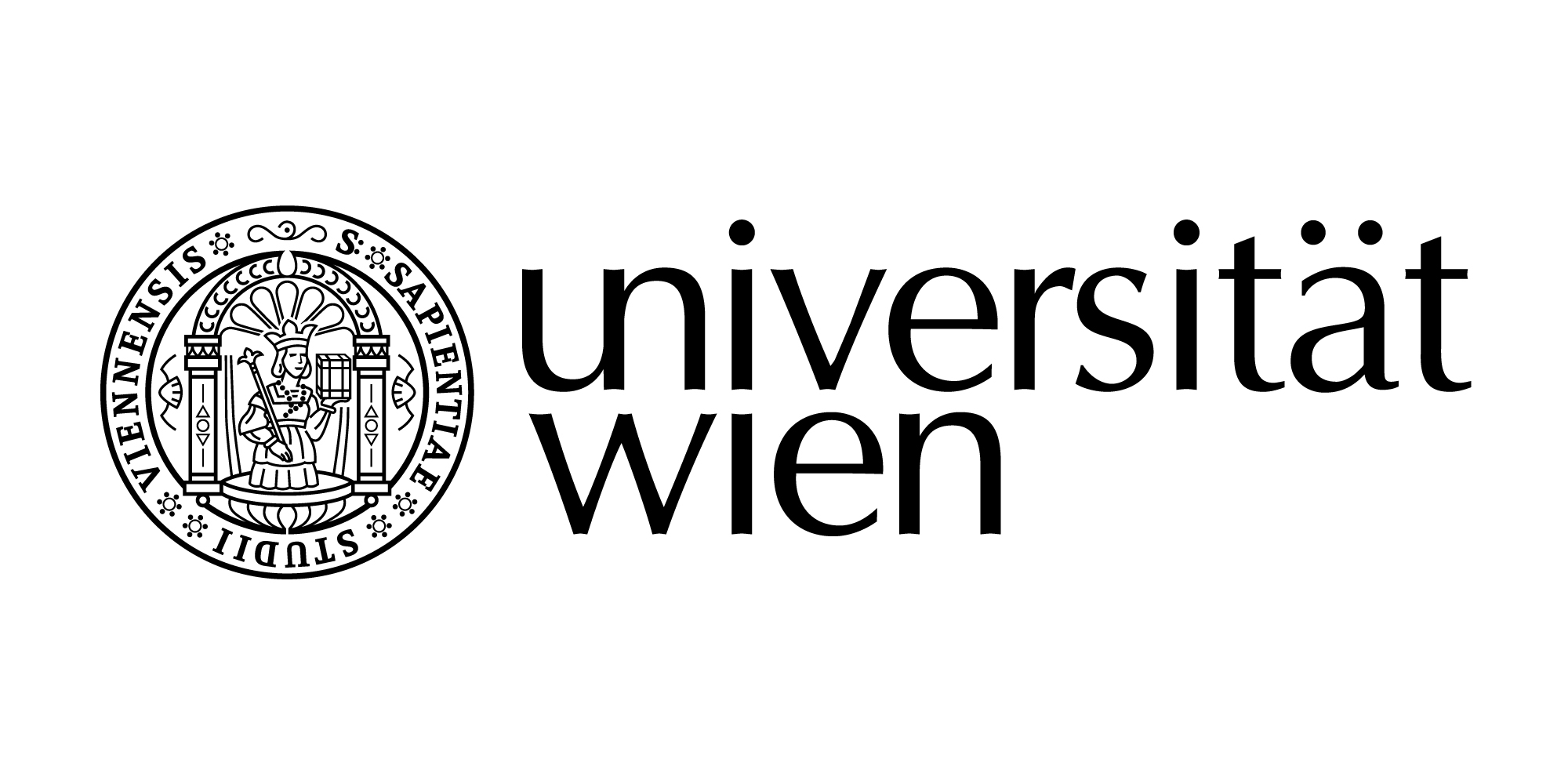
In the Shadows of Illiberalism: Slovakia’s Democratic Struggle under Fico’s Resurgence
While in Poland, following the end of the eight-year rule of the Law and Justice party (PiS), government offices are being purged of illiberal forces and democratic and constitutional structures are being restored in state and public institutions, Slovakia is moving dramatically in the opposite direction after the parliamentary elections. The Slovak social-democratic party SMER (“SMER” means “Direction”) under the leadership of Robert Fico lives up to its name and sets the direction for the country, which is rushing headlong into becoming yet another member of the group of illiberal countries that includes, for instance, Hungary or Serbia.
However, neither the opposition nor the civil society, which managed to mobilize in response to the first steps of the new government when protests broke out across the country in December last year, are unwilling to accept such a fate. Despite Fico’s recent reforms triggering both domestic protests as well as concerns from the international community, the erosion of democratic institutions and the political-ideological clash in Slovakia continues.
Not a Usual Post-Election Power Grab
The victory of the SMER party in the parliamentary elections and the formation of a social-democratic, left-wing, nationalistic coalition with the HLAS party and the Slovak National Party (SNS) represents a political and ideological return to the pre-2018 period. It was then that due to massive protests in the wake of the murder of journalist Ján Kuciak and his fiancée Martina Kušnírová, Fico stepped down as Prime Minister. Now Fico is in power again and with him many of the old associates from the networks linked to the corruption and organized crime that Kuciak wrote about.
Many of these are being investigated by the Special Prosecutor’s Office (Úrad špeciálnej prokuratúry, or ÚŠP), which is in charge of prosecuting serious crime and has also dealt with dozens of cases of politicians and oligarchs, many of them linked to Fico’s SMER party, in recent years. It is, therefore, not surprising that this institution is the first in the new government’s crosshairs. Justifying the reform as the abolition of a politicized institution that only served as a tool of political pressure, particularly targeting SMER members, Fico’s coalition approved an amendment to the criminal code that abolished the Special Prosecutor’s office and lowered punishments for corruption and financial crimes.
The manner in which the law amendment was carried out also adds to the gravity of the matter. The reform was adopted in a fast-track procedure, completely inconsistent with the legislative practice in well-established democracies. Slovak President and lawyer Zuzana Čaputová also warned against this; she considers the legislative changes to be „concerning news for Slovakia and its citizens” and, as the only person who can still prevent the adoption of the law, took the issue to the Constitutional Court.
However, securing impunity for himself and his acquaintances is only part of Fico’s energetic political comeback. Another is the personnel changes in key state institutions extended beyond the usual post-election power transition, representing systemic shifts impacting the entire institutional framework of the Slovak government. Primarily targeting departments sought by the SMER party for control, those embroiled in ideological or cultural conflicts, and opportunities for political retribution, the changes include replacements in police leadership, in the Judicial Council, or amongst state prosecutors.
Various Battlefields of Ideological and Cultural War
If the first 100 days are used to evaluate the early success of a president – as is the tradition in the United States – it would be difficult to find another head of state with such a dynamic development as Robert Fico’s fourth mandate recorded so far. However, the abolition of the Special Prosecutor’s office is only the tip of the iceberg. Against the backdrop of the much-discussed reform of the penal code, an ideological-cultural struggle is taking place between the government coalition on the one hand, and the opposition, media, and civic organizations on the other.
The clash between conservative-national and liberal-pro-European worldviews is intertwined throughout the post-election period. Selected programs and activities of the previous government, which are labeled by the current coalition as progressive, woke or a result of pro-Western propaganda, have been or will be terminated. This concerns, for example, the cancellation of programs for teaching media literacy in schools, the reorganization of the department to fight hybrid threats, or the forced outflow of experts dealing with pro-Russian disinformation.
Fully in the spirit of the fight against the liberal-progressive world and along the nationalistic lines of the new government, measures are also being enforced in other areas. The government coalition has seized control of culture ministry funds and sidelined artists whose messages it deems undesirable. Additionally, it halted projects aimed at supporting the LGBT+ community and re-established relations with cultural ministries and organizations in Belarus and Russia. Even the petition for the dismissal of the minister, which was signed by almost 190,000 people, a record number for Slovakia, has so far not reversed the idiosyncratic management of Slovak cultural affairs.
Unwanted and Desired Isolation
Furthermore, due to a reticent attitude to delineate itself towards virtual threats created in or related to the Russian Federation and questionable future staffing, the Slovak Secret Service is becoming internationally isolated. Some countries have already stopped exchanging the most sensitive intelligence information with Bratislava.
Another person further plays an important role here. Tibor Gašpar, SMER member and former police director accused of abusing his position as a public official. In addition, he is investigated for founding a criminal group through which he and his relative, the oligarch Norbert Bödör, were supposed to control the police. Recently, Gašpar became a hot candidate for the position of new director of the Secret Service. Another Fico’s suggestion is to appoint Gašpar’s son Pavol as director. Both scenarios would have a significant impact on the integrity and credibility of the office. Their appointment would mean the severing of Slovakia’s connection to the European security community, and, consequently, the end of secret information exchange not only regarding the war in Ukraine but also, for instance, about the activities of Russia or China.
Unwanted isolation from abroad is complemented by desired isolation at home. Fico’s long-standing conflict with “liberal-progressive” media houses and non-profit organizations has now culminated in the isolation of four leading media outlets critical of Fico, who practically lost the possibility of official communication with the government coalition and are refused advertisements provided by the state-owned enterprises. Also, most of the non-profit organisations that are financed by foreign funds and foundations are now a thorn in Fico’s side and are being abandoned by government subsidies.
Presidential Election Tips the Scales
As everyone worried in the pre-election period about what kind of foreign policy Fico would pursue, domestic policy should have been more of their concern. Because Fico’s domestic radical election rhetoric resonating abroad has transformed into foreign policy pragmatism promoting a “policy of many azimuths” characterized by nationalism and protection of Slovak national interests but still going with the EU mainstream.
Over Fico‘s controversial harsh statements targeting Ukraine, the United States and, finally, the European Union, one can overlook the democratic decline Slovaks are facing under the newly returned Prime Minister at home. The last weeks, however, have shown that Fico does not have it so easy with his seizure of state institutions. The mobilization of both the opposition and civil society has already achieved the first results, alarming the international community about what is happening in this small Central European country.
President Čaputová also wages her battle with the undemocratic practices of Fico’s cabinet during the last months of her mandate. She currently represents one of the last safeguards of democratic processes in the country, and with her departure, the risk of accelerated implementation of Fico’s conservative-nationalist self-serving political agenda could increase.
That is why the upcoming presidential election in March is so important. The election tips the scales when it comes to the future of Slovak democracy. Whether the winning candidate will be from the pro-government or opposition camp will have far greater consequences. It will determine how hard (or easy) the path Fico’s government will have on its way to destroying democracy and the rule of law in the country.


